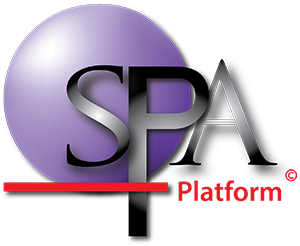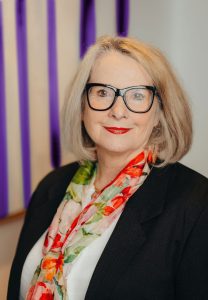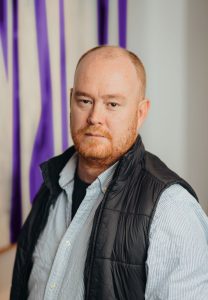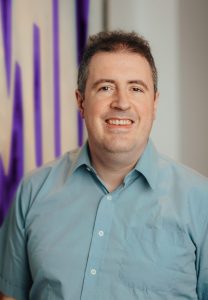SREAMS
School Research Evaluation & Measurement Services
ABOUT
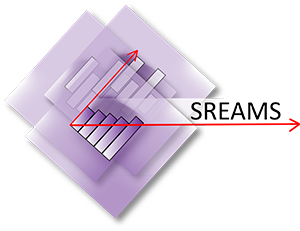
School Research Evaluation and Measurement Services (SREAMS) is an educational consulting company that works in and for schools (both primary and secondary), universities, education departments, curriculum authorities, and research organisations across Australia. We:
- provide professional development around the use of student performance data to inform teaching and learning for school leaders, teaching staff, and curriculum consultants;
- conduct educational research, undertake curriculum evaluations, and provide psychometric services to government departments, curriculum authorities, and research institutions;
- and teach social science research methods in the fields of Structural Equation Modeling (SEM) and Multi-Level Analysis (MLA) for university staff and their post-graduate students or research organisations throughout Australia.
SREAMS is also the creator of the Student Performance Analytics Platform (SPAplatform) – the most sophisticated educational analytics software on the market for the analysis of both summative and formative student performance data. Click here to find out more about the SPAplatform.
SREAMS personnel comprise five full-time employees (Philip Holmes-Smith OAM, Emma MacNamara, Jillian Holmes-Smith, Patrick MacNamara, and Geoff Mazzolini) plus various contracted consultants on a project-by-project basis as demand requires.
Professional Development
Emma and Philip are the principal educational consultants for SREAMS and are available to provide professional development to school leaders, school teaching staff, and curriculum consultants around the use of student performance data to inform teaching and learning. Emma and Philip have facilitated data literacy professional development programs in literally hundreds of schools around Australia and have conducted hundreds of NAPLAN data interpretation sessions on behalf of the Victorian Curriculum and Assessment Authority. Emma also provides professional development sessions in the use of our SPAplatform and Phillip helps secondary and P-12 schools analyse their VCE results. Both Emma and Philip provide strategies for improvement.
Research, Evaluation, and Psychometrics
Philip is the lead researcher for all empirical research projects that require statistical analysis, all educational measurement and testing projects, and all projects that deal with policy related to the allocation of resources. Jillian Holmes-Smith is the lead researcher for most program evaluations and case study research projects and is the overall project manager for all research and evaluation projects.
Teaching Advanced Statistical Methods
Philip teaches both introductory and advanced Structural Equation Modeling (SEM) courses and a Multi-Level Analysis (MLA) course. Each course is taught as either a 3-, 4-, or 5-day intensive course. Courses can be conducted at your institution, or staff can attend one of the courses Philip offers through the Australian Consortium for Social and Political Research Inc. (ACSPRI).
SPAplatform
Emma is responsible for the continuing development, sale, and support of our Student Performance Analytics Platform (SPAplatform). Patrick manages the SPAplatform help desk and is the primary point of contact for our SPAplatform users. Geoff is the company’s programmer – mainly for the SPAplatform software but also for some web-based applications as required on a project-by-project basis. Geoff and Patrick also assist Emma with web-based services and IT support provided by SREAMS.
SREAMS provides services in three areas as follows:
Professional Development for Schools
Educational Research, Evaluation, and Psychometric Services
Teaching Social Science Research Methods
OUR PRINCIPAL CONSULTANTS
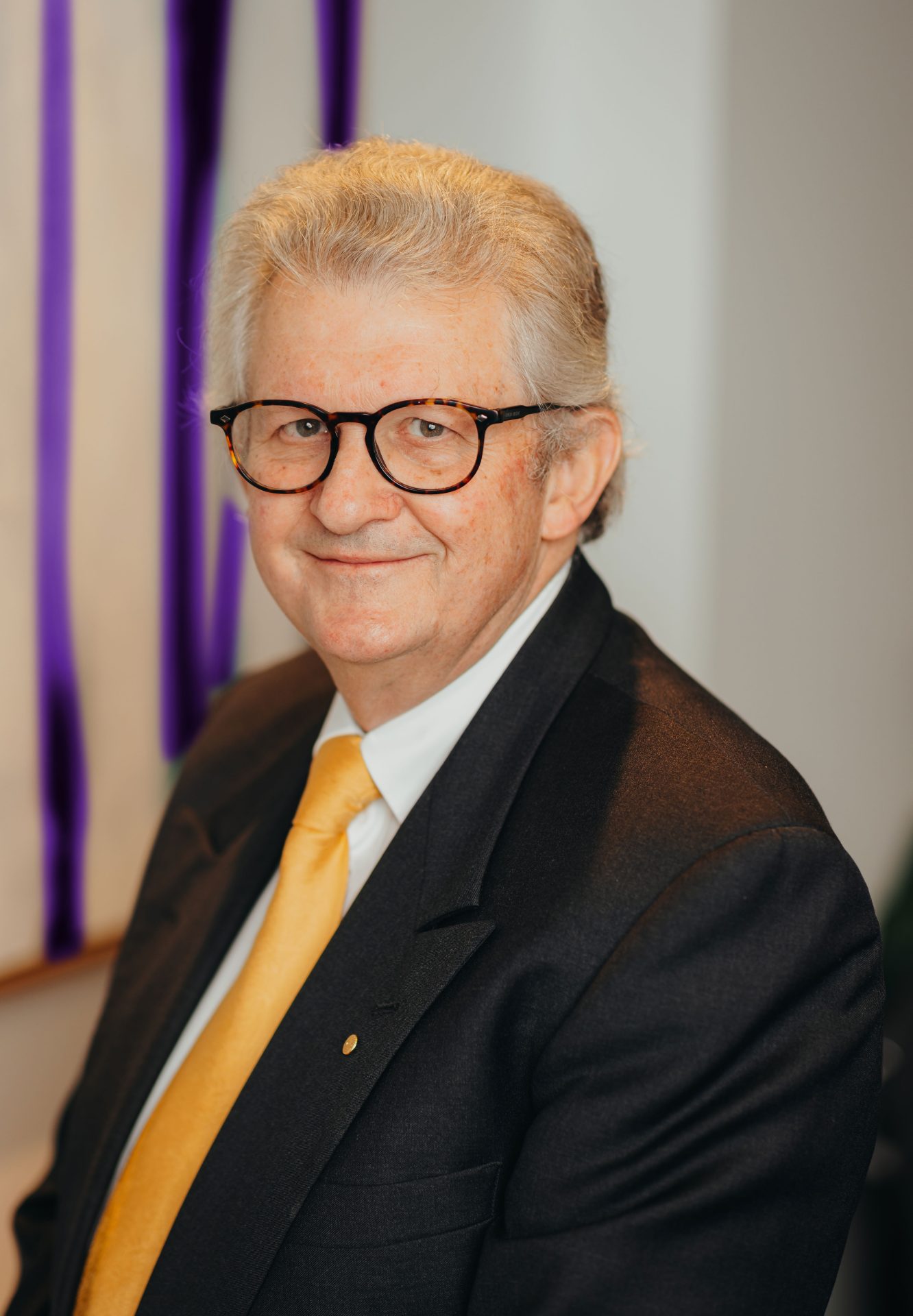
PHILIP HOLMES-SMITH OAM
B.Sc.(Ed.), Grad. Dip. Curri. Admin., M.Ed.
Principal Consultant. Company Director
Philip Holmes-Smith is the founding director of SREAMS. He is an experienced teacher, educational researcher, statistician, program evaluator, psychometrician, school professional learning facilitator, and university lecturer in the advanced statistical procedures of Structural Equation Modeling (SEM) and Multi-Level Analysis (MLA).
Philip, through SREAMS, also developed the Student Performance Analytics Platform (SPAplatform). While others continue to improve, sell, and support the product, Philip provides professional development to school leaders and teachers within individual schools around the use of student performance data to inform teaching and learning and strategies for school improvement.
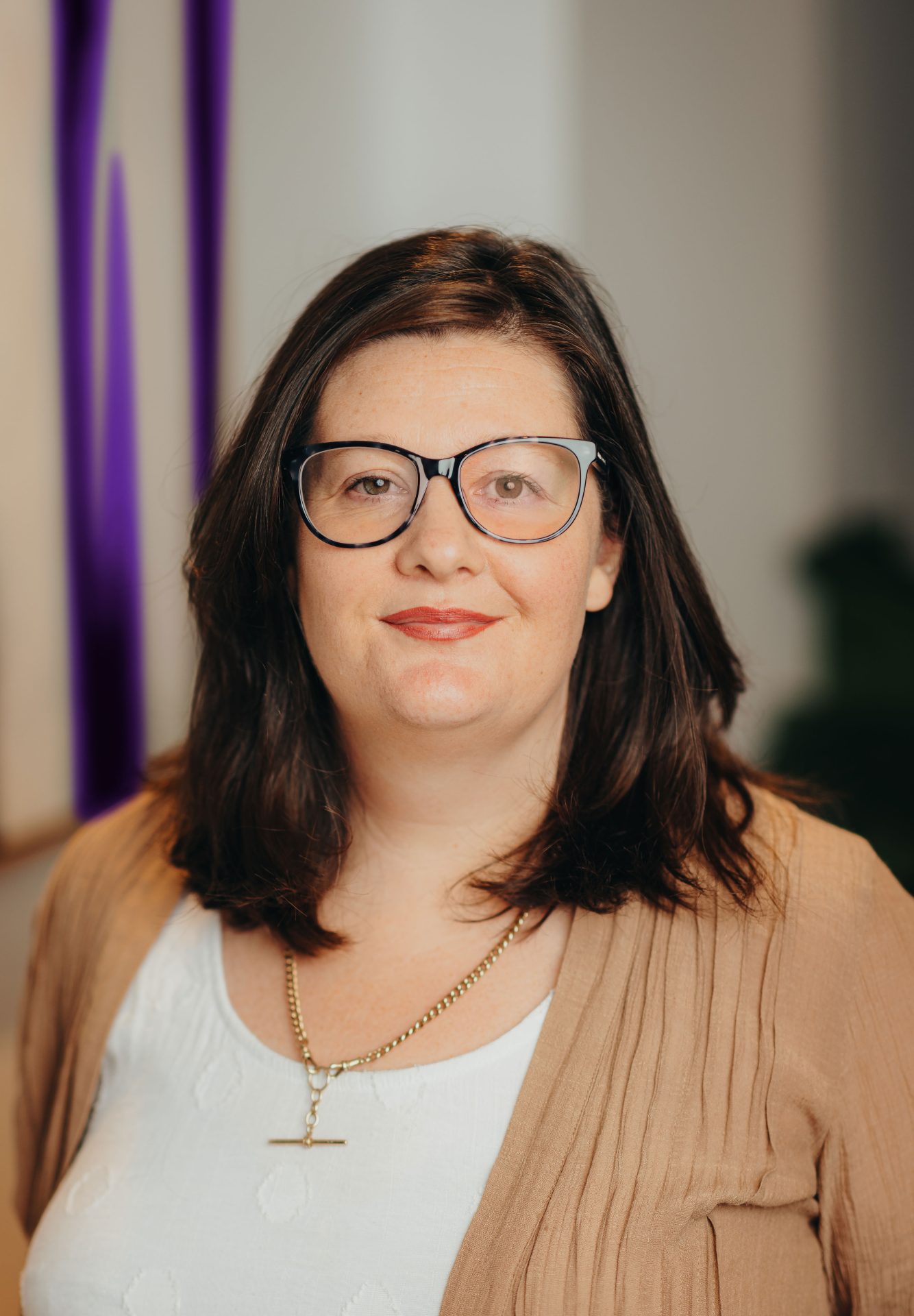
EMMA MACNAMARA
B.Ed., M.Ed.
Principal Consultant . General Manager
Emma MacNamara is our General Manager, principal curriculum advisor for SREAMS, and our Student Performance Analytics Platform (SPAplatform) manager. She is an experienced teacher, researcher, program evaluator, and professional learning facilitator at both the individual school and state-wide level.
Emma continues to lead the development of the SPAplatform. She liaises with teachers and program experts on the latest research around effective teaching and assessment tools to ensure the SPAplatform continues to evolve to meet the needs of teachers. In addition, Emma provides curriculum support to schools to ensure they are using student performance data to inform and improve teaching and learning programs and set school improvement targets.
Philip initially trained as a secondary teacher, completing a Bachelor of Science (Education) degree at The University of Melbourne in 1977. Between 1977 and 1985, he taught Science, Biology, and Mathematics in Victorian government secondary schools in both city and rural locations.
While teaching, Philip completed a Graduate Diploma in Curriculum Administration with major studies in Program Evaluation and consequently, in late 1985, he was appointed to a position as a Policy Officer (Evaluation) within the Curriculum Branch of the Victorian Education Department, where he conducted numerous program evaluations and provided program advice to curriculum developers. During this time, he also completed a Master of Education, majoring in educational policy and planning.
In 1988, he was awarded a Fellowship of Advanced Study from the Department of Education to study at the University of Illinois at Urbana-Champaign. While there, he worked as a Research Associate with the Center for Instructional Research and Curriculum Evaluation (CIRCE) while undertaking 16 courses in both advanced statistical and case study research methodologies as well as educational economics and policy studies.
Philip returned to the Victorian Department of Education at the beginning of 1991 and in 1992, together with Dr Ken Rowe, commenced a large-scale, longitudinal study on school and teacher effectiveness. In 1993, Philip and Ken, together with Prof. Peter W. Hill, took the study to The University of Melbourne (where they founded the Centre for Applied Educational Research) and continued to work on the project, which looked at the relationship between student performance and the factors that contribute to student success – a project that has since had a major impact on school improvement initiatives around Australia.
In 1995, Philip again returned to the Department of Education as Projects Director, Strategic Planning. While there, he was responsible for numerous policy initiatives, including the development and implementation of educational resource allocations to all government schools (School Global Budgeting); the psychometric analysis of Victoria’s state-wide English and Mathematics testing program (Learning Assessment Project – LAP); and the development of benchmarks for both school-level and system-level student performance data as part of the Department's school accountability mechanism.
At the beginning of 1997, Philip left the Department of Education to begin SREAMS, where he continues to be contracted to education systems, curriculum authorities, and research organisations in Australia to undertake educational research and provide professional development around the use of student performance data.
Philip is also an experienced lecturer of social science research methods and is a regular instructor at the Australian Consortium for Social and Political Research Inc. (ACSPRI) programs, where he has developed a reputation as one of Australia’s premier teachers of Structural Equation Modeling (SEM) and Multi-Level Analysis (MLA). He also regularly teaches intensive introductory and advanced SEM and/or MLA courses at numerous universities around Australia.
In 2021, Philip was awarded a Medal of the Order of Australia (OAM) for services to education, particularly research and evaluation.
Emma initially trained as a primary teacher, completing a Bachelor of Education degree at the University of Melbourne in 2003. Between 2004 and 2011, she taught in Victorian Government Primary Schools as a generalist teacher.
In 2005, Emma was involved in a professional learning action research project to continue the development of the “Developmental Curriculum Play & Inquiry Approach” to learning and teaching. In 2006, her school was awarded the Best National Achievement in School Improvement, having worked closely with consultant Kathy Walker to adopt this developmental curriculum approach to the Prep-2 level program. Because of the high profile of this curriculum initiative, Emma, as Prep Coordinator, regularly ran professional learning activities for groups of visiting principals and teachers who wanted to learn more about this curriculum approach so that they could develop strategies to adopt it in their own schools.
In 2007, Emma completed a Master of Education degree in Learning and Teaching at the University of Melbourne, undertaking a number of units that focused on teaching and support structures for students with specific learning difficulties (particularly within the areas of numeracy and literacy).
She has also completed a number of courses in qualitative research methods, program evaluation, and statistical analysis through the Australian Consortium for Social and Political Research Inc. (ACSPRI) programs.
In 2010, Emma again became involved in innovating classroom teaching and learning practices. Moving into Middle Years classrooms, Emma implemented a fully collaborative, “negotiated” curriculum based on learning by inquiry. This required a change in pedagogy, organisation, and teaching spaces. During this time, Emma team-taught with up to three staff members and 75 children in open, purpose-built spaces. This innovative teaching built on Emma’s understanding of children becoming self-reflective, self-motivated learners. This style of teaching has also cemented Emma’s belief in the importance of differentiated, targeted, explicit teaching.
During 2009-2010, Emma led her school through a change management process, supported by funding through the DEECD Wider Workforce Field Trial to evaluate and then innovate using a wider workforce within a school setting to support teachers to best implement student-centred inquiry learning. This culminated in a study tour of five London schools in late 2010. The project also led to the employment of a community relations coordinator for the school, who managed the involvement of community organisations and volunteer workers within classrooms throughout.
In 2011, Emma was appointed Numeracy Coordinator for her school, which she led through the process of re-writing the Numeracy curriculum, looking at the mathematical ‘big ideas’ that form the fundamentals of all mathematical understandings. This re-development of numeracy within the school was supported through Emma’s involvement with the Northern Metropolitan Regions AIZ numeracy program.
Emma also brings a strong eLearning background to SREAMS. While studying at Melbourne University, she worked as a Research Assistant in developing online interactive ArtTeach software, presenting on this topic at seminars. She also studied the effects of Web 2.0 technologies in classrooms during her Masters degree and was a committee member of the State Council of the ICTEV (the Professional Teachers’ Association for Information Communication Technology in Education) from 2008-2009. As such, she was involved in organising a number of state ICTEV conferences.
In 2012-2013, Emma took time out of her career to have two beautiful children, who have helped to strengthen her understanding of childhood development and children’s amazing capacities for learning.
In 2021, Emma also undertook further extensive training in using synthetic phonics programs in the classroom. In particular, she trained in using the SoundsWrite program.
